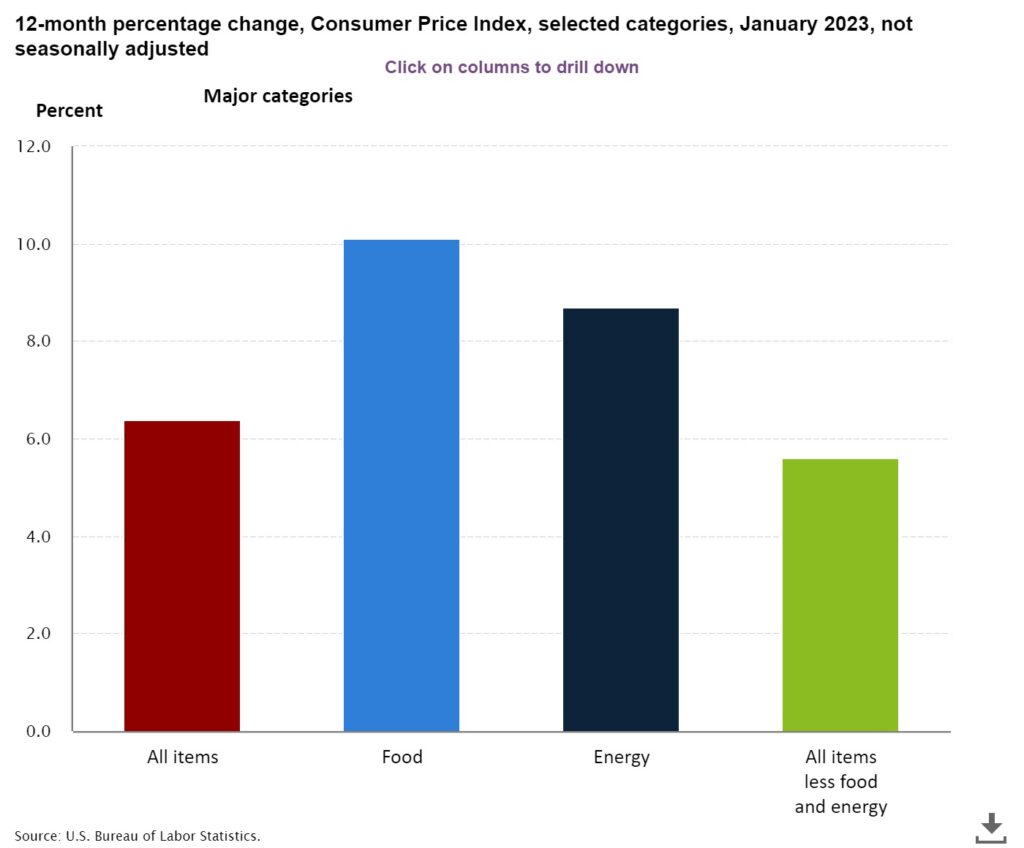The very noticeable impact of inflation combined with increasing interest rates are taking a toll on most every American’s financial situation. Household debt has reached $17 trillion, a fifteen year high not seen since the recession of 2008. Personal credit card debt also grew to $986 billion during the same reporting period.
With credit cards and other consumer debt options maxed out, American’s are starting to tap into their retirement accounts at increasing numbers in order to help make ends meet. This practice of borrowing from your future source of retirement funds is convenient, but can have some very unintended consequences.

Why Borrow From Your Retirement Funds?
First off, one of the biggest advantages of borrowing from your personal retirement account is the ease of access to the funds. In effect, you become your own loan officer. There are also no credit checks run, unlike obtaining a traditional loan.
Secondarily, the money can be used for most any purpose, such as paying off credit cards or other consumer debts. It can also be used to pay for a dream vacation or any other personal expenditure.
Finally, the loan terms can be very favorable. Often the repayment terms are flexible and can be scheduled over several years. The interest rate from a retirement plan loan is also generally below the rate charged by banks and credit unions.
What Are Some of the Downsides?
Probably the main downside of borrowing funds dedicated to your future is the opportunity cost involved. Basically this means that you are missing out on potential growth of your retirement funds since they are not invested. The overall impact could mean that you do not achieve your retirement goals, possibly even delaying when you can afford to retire.
Another significant downside is the tax consequences involved if you don’t manage to pay back the loan in time. At that point, the outstanding loan balance is considered a taxable withdrawal from the retirement plan. This can push you into a higher tax bracket and also trigger a 10% penalty as well.
Finally, taking a loan from an employer retirement account can possibly cause an individual to feel like they cannot leave a job until the loan is repaid, even for a better opportunity.
What is an Alternative to Borrowing Retirement Funds?
Retirement plans by law allow for hardship withdrawals under certain circumstances. Some examples of a hardship are medical expenses, college tuition, rent that prevents eviction, and even certain home repairs, to name a few. The withdrawal does not have to be paid back, but taxes will be due on the distribution, absent the penalty.
The recently enacted Secure 2.0 Act introduced a new provision whereby an employee can take an early distribution from their retirement plan of up to $1,000 for a personal or family emergency. This is a unique provision because it lets the individual self-certify the need to their employer and take the withdrawal penalty-free.
This hardship option can be a game-changer for certain unavoidable life events, but it does come at cost.
What Other Options are Available?
Another option for covering an emergent need for cash while preserving your retirement goals is to consider a home equity loan. The equity you have tied up in your house is not earning any additional value like a retirement account. It also can come with a reduced interest rate since it is a secured loan.
Using other non-retirement assets, such as cash value accumulated in a life insurance policy could also be a source of cash that will not impact retirement. This type of loan has tax consequences if not paid back, but there is not an additional penalty to worry about.
Conclusion
With a record number of individuals dipping into their retirement accounts, the overall negative effect will have an impact in the years to come.
Some helpful tips are to make a commitment to pay the loan off in full and on time. Also try and increase your retirement savings in the future to help gain back some of the lost opportunity cost.
There is certainly no one size fits all answer as to whether someone should borrow from their retirement account. But, one clear piece of wisdom is that borrowing from your future should be considered only as a last resort!
To learn more about the various business degrees offered at the West Texas A & M University Paul and Virginia Engler College of Business, click here.
David W Clark, MPA, CPA
Instructor of Accounting & Healthcare Management
West Texas A & M University


